Introduction
Cinnamon rolls (or cinnamon buns) are a delicious treat that many people enjoy every now and then. But can dogs eat cinnamon rolls? Do they pose any health threat to your pup?
Find out the answers to these questions in today’s post. Read on to make better choices about your dog’s diet!
Are Cinnamon Rolls Good for Dogs?
In short, no.
There are many ingredients in cinnamon rolls that make them unsafe for this animal species, but we will go into more detail in the section below.
Cinnamon rolls are a good example of human food that dogs are never supposed to have, so they are not good for canines in any way, shape, or form.

Are Cinnamon Rolls Bad for Dogs?
Cinnamon
As you might know by now, cinnamon has a lot of benefits for people. Unfortunately, it doesn’t have the same effect on dogs.
In fact, some dogs can experience digestive distress after eating cinnamon, especially if they have had a large amount of it. Bloating, diarrhea and even vomiting can be some of the symptoms you can see in a dog that has had a cinnamon bun.
Sugar
Dogs are not supposed to have any sugar in their diet. If you feed your pet a healthy and varied diet, you probably give them snacks in the form of fruits, for example, like seeded apples.
Your dog gets all the sugar that he or she needs from fruits. With continuous exposure to refined sugar from sweets, candy, or even canned food varieties made primarily for people, your dog can develop diabetes or at least become obese.
Artificial sweeteners
There are many artificial sweeteners that are dangerous for dogs, but the one that’s the riskiest of all is by far xylitol. In fact, it can even be considered deadly.
Granted, most cinnamon rolls do not contain this ingredient. However, if you’ve come across a ‘diet’ variety and you’re looking to indulge, you should definitely keep it in your cupboard or lock it in a drawer so that your dog never gets to eat it.
Raisins
Raisin toxicity is well-known among veterinarians. Some dogs can experience severe clinical signs after eating raisins, and in some cases, they can even develop renal failure or anuria (an inability to produce any urine).
Chocolate
It goes without saying that not all cinnamon rolls contain chocolate. But there are some types that do have this ingredient, and if you didn’t know, chocolate ingestion could be fatal to dogs.
This delicious treat for people contains theobromine, which dogs are incapable of metabolizing. Poisoning cases with chocolate are even impossible to treat if more than an hour after your dog ate it has passed, and the substance has absorbed into your pet’s bloodstream.
All-purpose flour
Wheat flour is the base of all cinnamon buns, so that’s what your dog is going to indirectly ingest when eating a roll. But the truth is that grains like wheat and corn are quite bad for dogs since they are not genetically engineered to digest them properly.
As such, dogs that have had a cinnamon bun can experience bloating, belching, tummy aches, and a variety of other digestive upsets.
What Happens if a Dog Eats a Cinnamon Roll
While cinnamon itself really can’t be considered toxic to dogs, every animal that is exposed to a lot of it, especially if they have never eaten it before, is likely to experience some unpleasant symptoms.
Most are related to the digestive tract, but you can also not overrule the possibility of your dog actually being allergic to cinnamon or other ingredients in cinnamon rolls.
In that case, the clinical signs you’d notice are much more severe, such as inflammation in the face, panting, and all the other symptoms of an anaphylactic shock. By the way, this is an emergency and requires immediate veterinary assistance.
The most common symptoms that dogs can exhibit after eating a cinnamon roll or two are the following:
- Vomiting
- Diarrhea
- Trying to vomit but not managing to
- Muscle tremors
- Lethargy
- Difficult breathing
- Restlessness

What to Do if Your Dog Ate Cinnamon Rolls
The best piece of advice we can give you, in this case, would be to take your dog to the emergency vet clinic right away. There is no point in waiting whatsoever. Time is of the essence when it comes to human foods that dogs have ingested.
You should feel even more concerned if your dog ate a cinnamon roll that didn’t come with a label, such as one that you have purchased from a bakery.
This is because you can’t even look at the list of ingredients and see whether it contains artificial sweeteners or any other ingredients that might harm your dog’s health.
If you call your vet and they ask you to keep an eye over your dog’s behavior, you should do so for a period of 12 to 24 hours. If any of the symptoms that we have showcased above appear, take your dog to the animal hospital.
Frequently Asked Questions
While they are not going to kill your dog, we strongly advise you to steer clear of this variety.
The label clearly specifies that Pillsbury cinnamon rolls contain ingredients like corn syrup, cinnamon, sugar, soybean and palm oils, and wheat flour, none of which dogs are supposed to have in their diets.
No. If the baked specialty is not recommended for dogs, the rule is the same for the raw dough.
It depends on a range of factors. Dogs that are more likely to be allergic to various ingredients or those that have a history of digestive distress are more likely to experience negative symptoms.
The same goes for dogs that have diabetes, for example, since they are not supposed to have sugary treats or foods.
Summary
As much as people might love cinnamon rolls, the truth is that they do not make the best snack for dogs. They can contain heaps of ingredients that can put pets’ health at risk, and the last thing you might wish for would be for you and your dog to end up at the emergency vet clinic.
Cinnamon buns are a good example of human food that dogs are not supposed to have. After all, they share a common ancestor with wolves, which are known to be carnivores, so just that can give you a clue as to the dietary needs of dogs.
Sources
- Acute Hepatic Failure in a Dog After Xylitol Ingestion, Renee D. Schmid, Lynn R. Hovda, 2016
- Toxicosis with Grapes or Raisins Causing Acute Kidney Injury and Neurological Signs in Dogs, Ariane Schweighauser, Diana Henke, Anna Oevermann, Corinne Gurtner, Thierry Francey, 2020
- Chocolate Toxicosis in Animals, Sharon M. Gwaltney-Brant, DVM, PhD, DABVT, DABT, University of Illinois, 2021
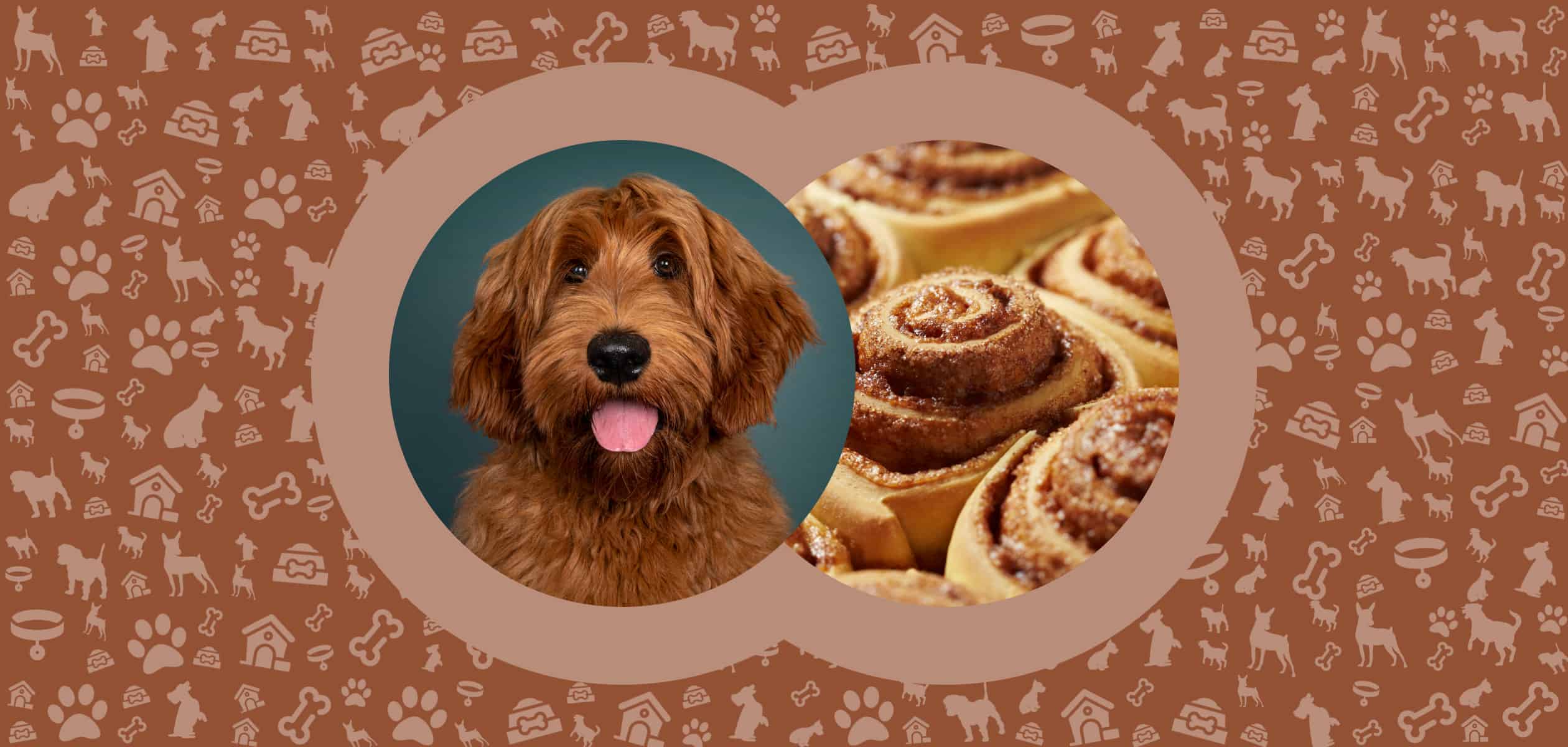
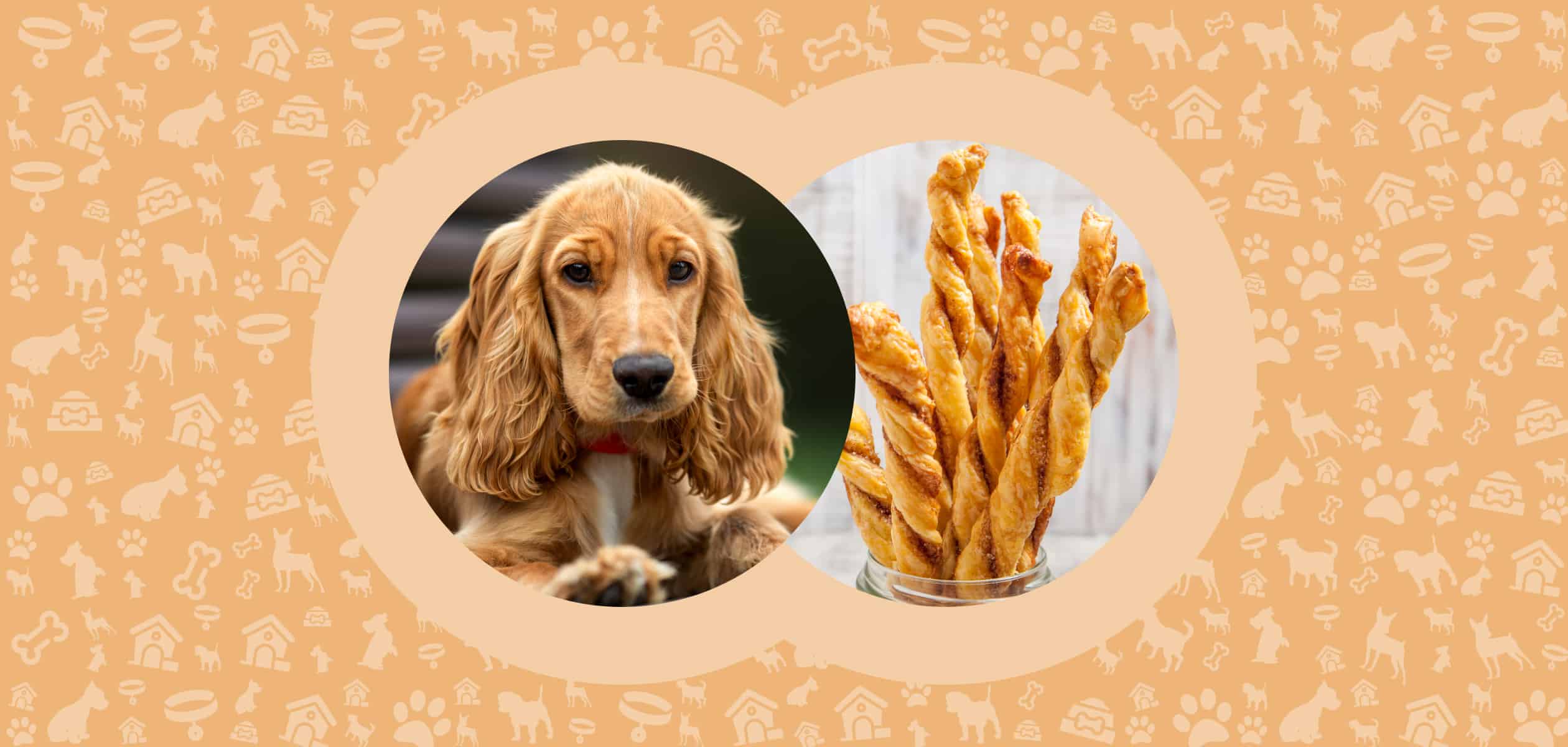
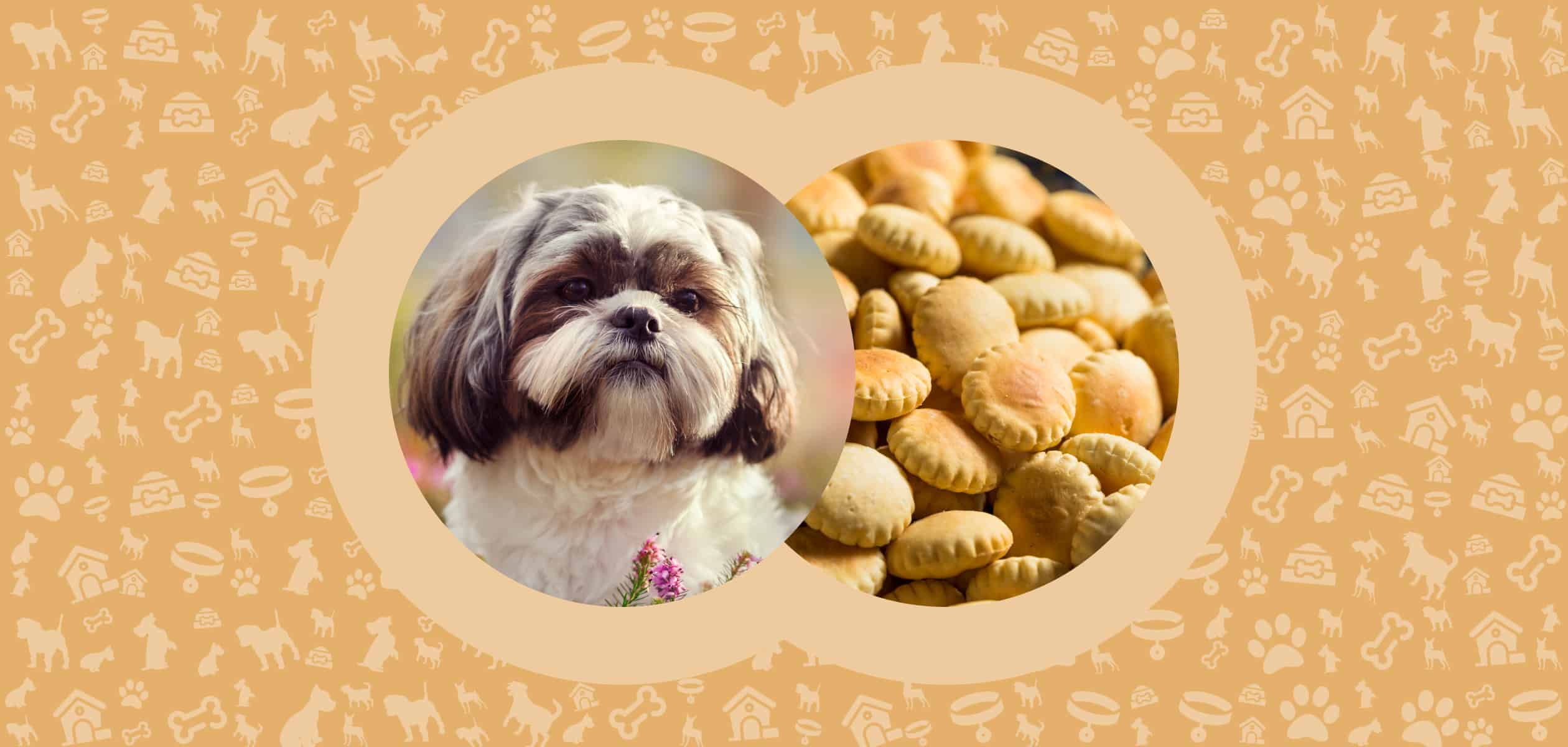

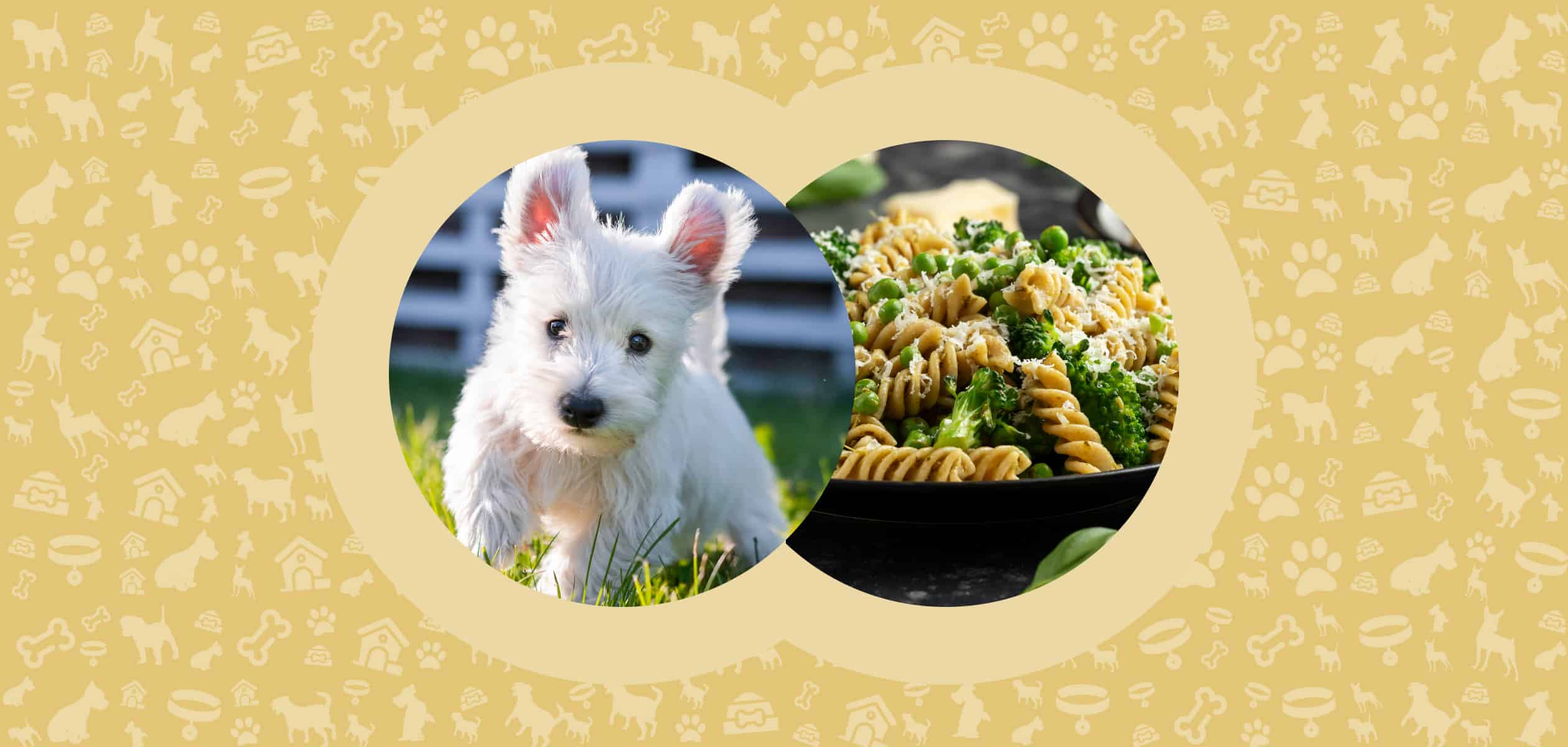
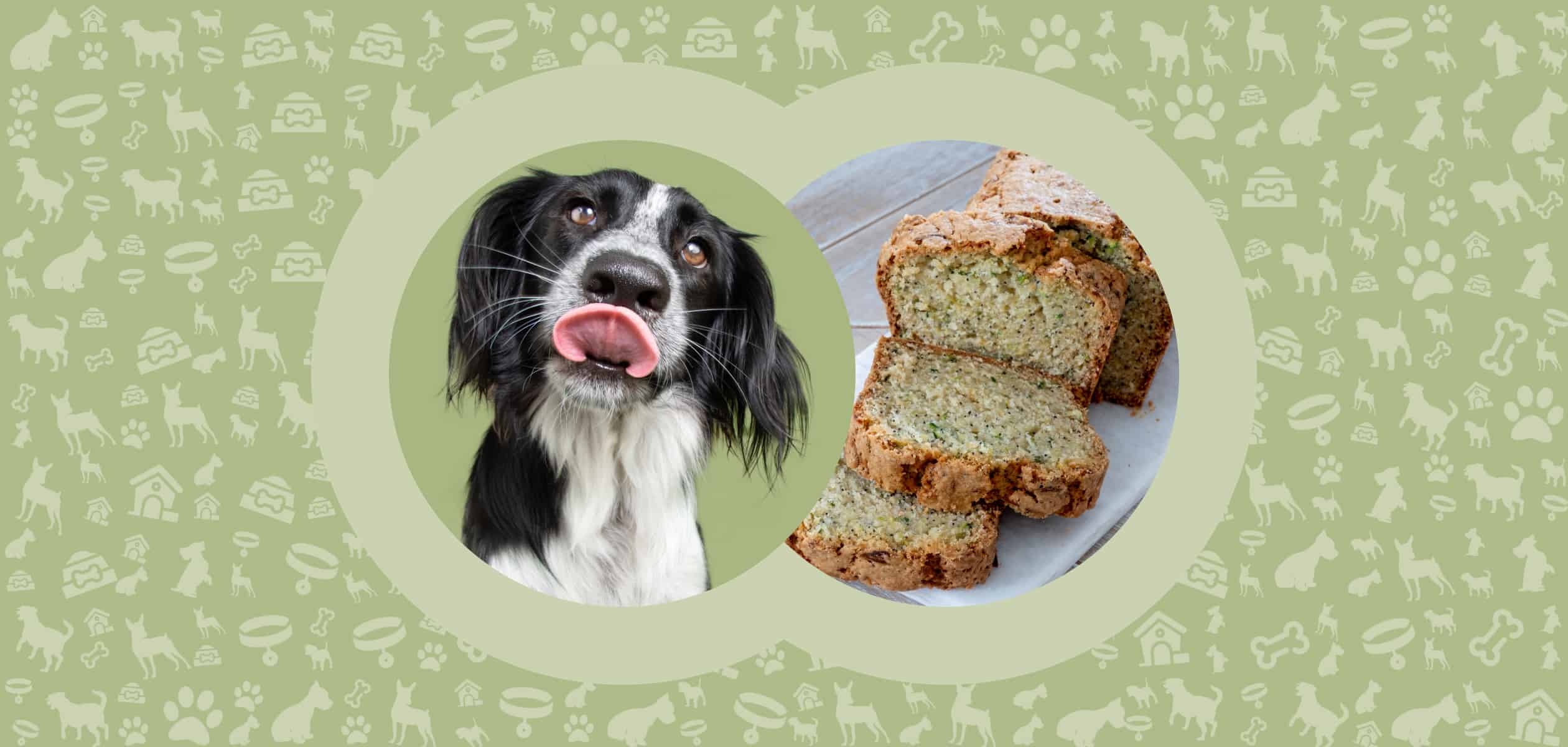
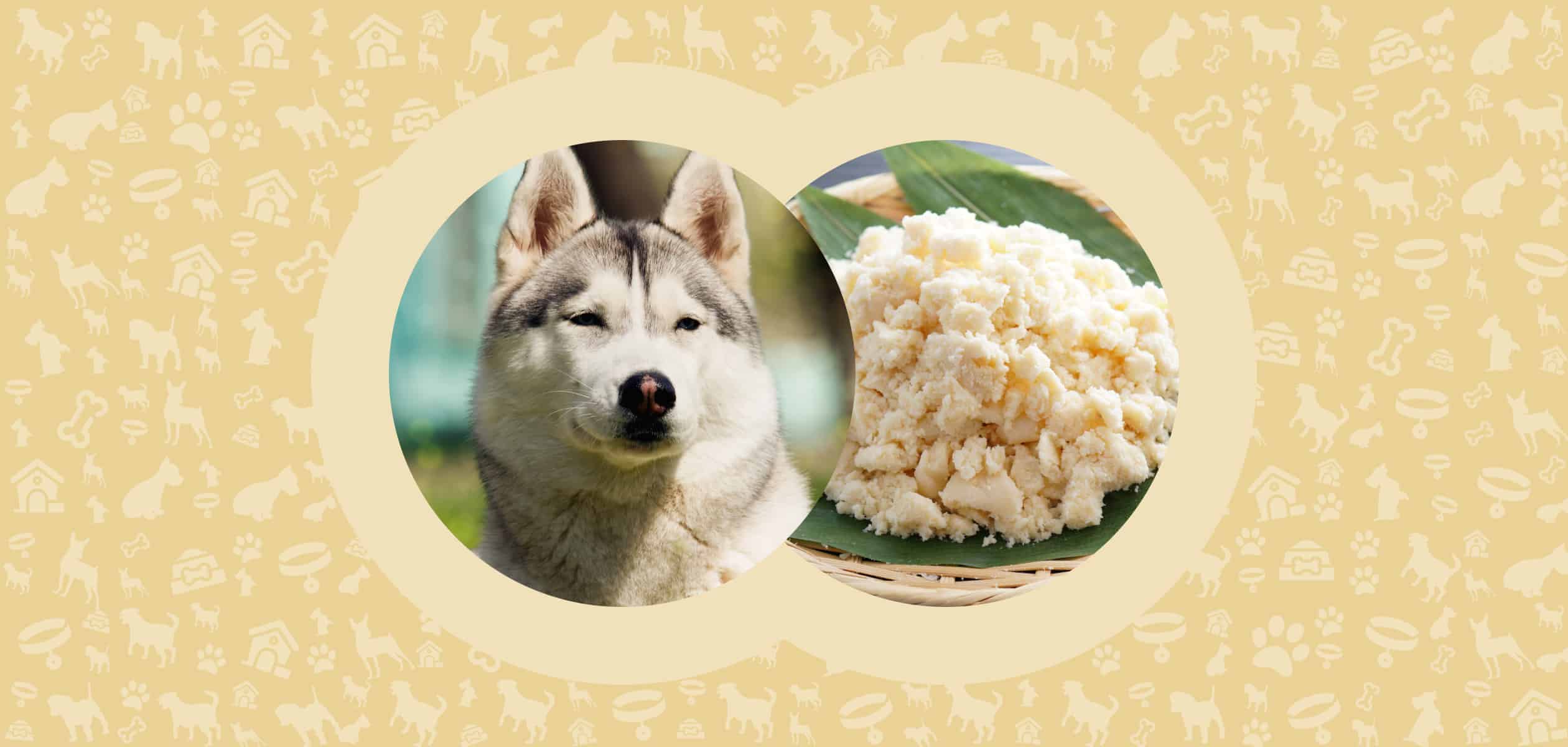
Leave a Comment